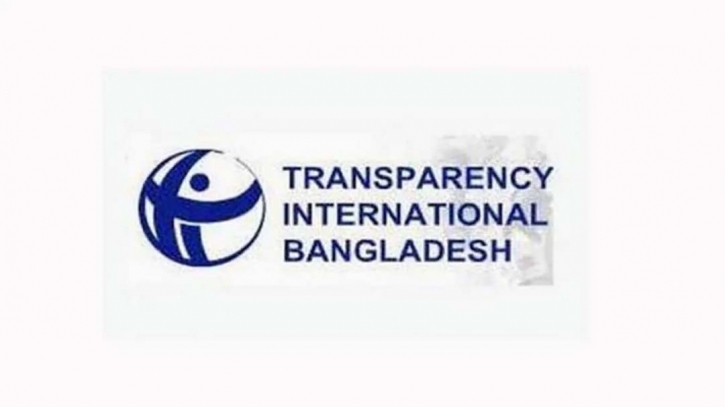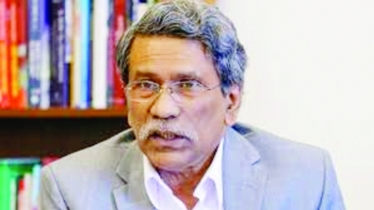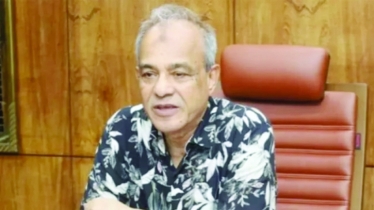
Staff Correspondent
Transparency International Bangladesh (TIB) and ARTICLE 19 have expressed concerns about the draft Personal Information Protection Act, 2024, which, like the now-replaced Digital Security Act, has the potential to reveal personal data under the guise of protecting it.
TIB urged the government to take into account the recommendations made by the anti-graft watchdog, which include upholding fundamental rights, focusing only on personal data, reevaluating or doing away with data localization requirements, creating an independent authority for data protection, putting judicial oversight in place for access to personal data, limiting exemptions for actions judged to be in the public interest, and instituting a phased enforcement schedule.
The call came at a press conference jointly organized by TIB and ARTICLE 19, a British international human rights organization, in the capital's Dhanmondi on Sunday.
Dr Iftekharuzzaman, TIB executive director, attended the event, which was moderated by Towhidul Islam, director of Outreach and Communication.
Sheikh Manjur-E-Alam, ARTICLE 19 regional director for Bangladesh and South Asia, delivered the keynote address.
Dr Iftekharuzzaman said: “It is outstanding that the government discussed with numerous stakeholders before creating this law. This draft is improved over the previous one, but the issue of regulation in the name of personal data protection persists.
“The draft is anticipated to be presented in parliament soon, and stakeholders such as ourselves and other civil society organizations are concerned that the act would be used as a control instrument. We ask the government to consider our advice before adopting this bill."
Sheikh Manjur-E-Alam said: “This might erode transparency and accountability while reducing individual control over personal information. The PDPA should relate to current constitutional provisions for privacy and freedom of expression."
“There should be judicial scrutiny of what constitutes national security and what constitutes public interest. We further recommend that an independent data protection commission be established under this act to ensure adequate enforcement of data protection standards,” he added.





































